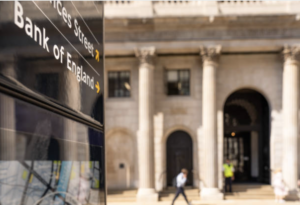Torbay looks to boost property investment fund by £100m
 Torbay Council looks set to boost its property investment fund by £100m – to a total of £300m – to raise extra income for the cash-strapped local authority.
Torbay Council looks set to boost its property investment fund by £100m – to a total of £300m – to raise extra income for the cash-strapped local authority.
Councillors are due to meet later this week (18 July) to discuss a report on increasing the £200m Torbay Council Investment Fund, which has already been in place for 20 months.
According to a council report, the purpose of the fund is to generate income which can then be used to help fund local services.
The report states that £186m has already been committed to buy a ‘diverse range of investments in a range of different sectors and locations’.
After the loan repayments and after a contingencies allowance have been made, these investments have generated £2.9m of additional revenue in 2018/19, rising to £3.3m in 2019/20.
The report states that once all of the current commitments are complete and assuming a full year’s income, the fund will generate over £3.5m per annum revenue for the council to allocate towards local services.
The councillors will discuss whether or not to increase the fund further to £300m, which would generate an additional £1.5m of income per annum assuming a 1.5% net return after costs and capital.
‘Eventually, this would take the total income from the fund to £5m per annum to help deliver local services,’ the report states.
‘Based on current market conditions it is anticipated that it will take an additional 12-18 months to commit all of the proposed additional £100m.’
Several local authorities have started to invest in commercial property in order to make up for the shortfall in central government funding.
Last year, Spelthorne Borough Council made national headlines after investing almost £1bn in commercial properties.
The 2019 State of Local Government Finance Survey by the Local Government Information Unit think tank and the Municipal Journal, which was published in February revealed 55% of councils are considering buying investment properties and using them as a source of income.
Around three quarters (73%) are considering investing in local housing developments and 55% are considering selling off assets to replace income from central government, which has been cut by an average of 40% since 2010.
Photo Credit – Sam Clarke















